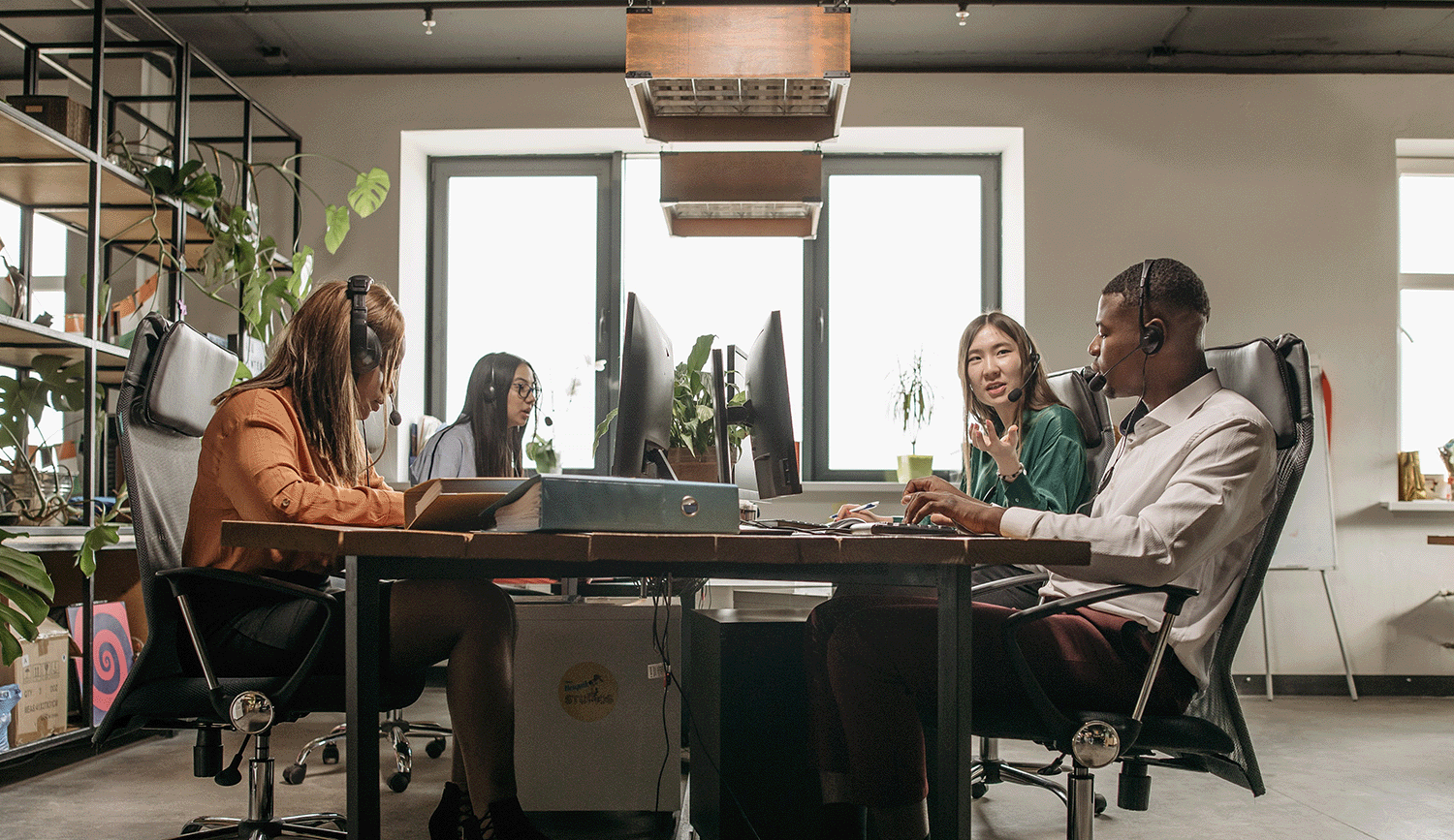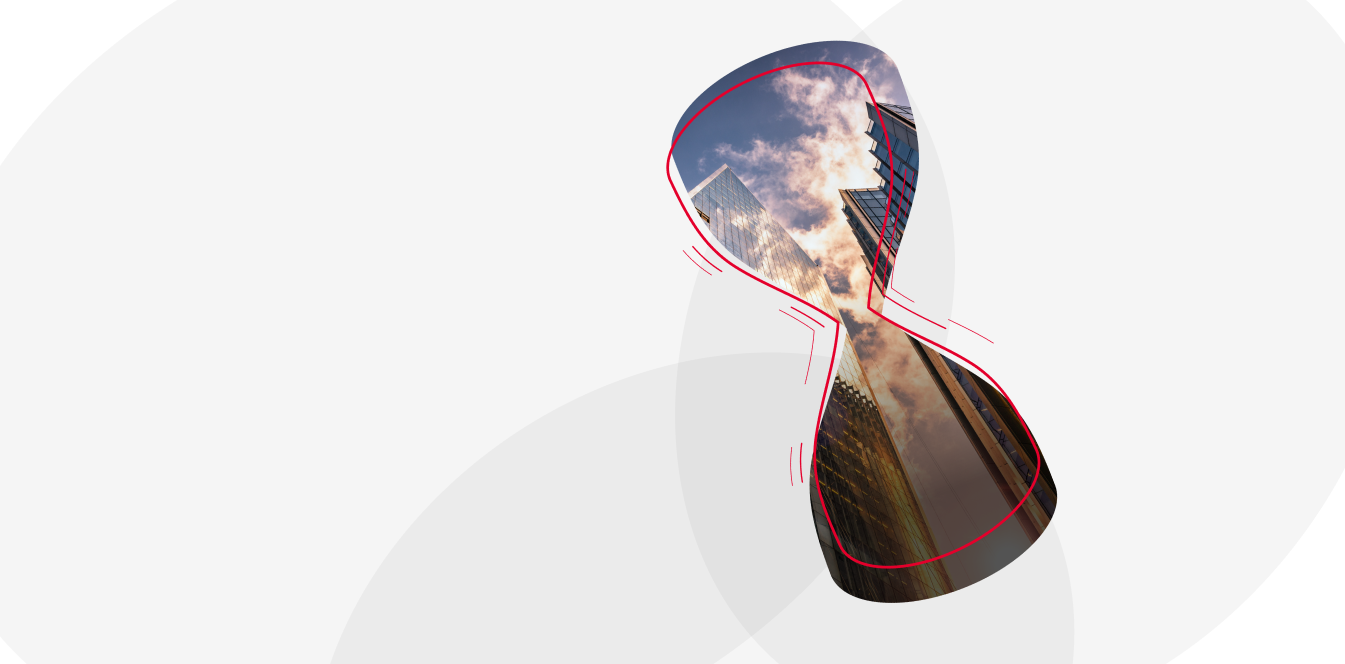How to prepare for a successful interview
Interview Preparation
It is so important to prepare properly before attending interview. A lot of people just brush over the role and hope they will wing it at the interview on the day. If you want to prepare properly for an interview you need to approach it with the right amount preparation. Firstly, it is important to familiarize yourself with the Venue and to decide how you will get to the venue on the day and allowing enough time for the unexpected. As I always say the three C’s i.e. Cool, Calm and Collected prior to interview.
Next do as much research about the company and their culture. It’s so important in case you are asked what you know about them on the day. Find out who you will be meeting and check them out on LinkedIn, so it will give you a good idea of the interview Panel. Also make sure that you know your CV. All too often you maybe asked something you worked on further back on your cv and if you are struggling to remember it won’t impress them. The format of the interview is important, so you can prepare for the type of questions you maybe asked on the day.
Most interviews nowadays do Competency based interviews and it’s so important to prepare for this type of interview. The key thing here is to recall good examples for where you took ownership of difficult situations and got a successful resolution. The philosophy here is what you did in the past or current roles is reflective of how you will re approach a similar situation in the future tense.
Video Call Interviews
1 Find the best environment and video background
- Find a private, quiet location where you won’t be interrupted. Switch your phone off, close windows to block out any outdoor noise, and lock the door if needs be – we all know distracting our kids can be!
- Find a simple, neutral background and ensure that your shot is well-lit. It’s best to have the light source coming from in front of you. Adjust the lighting if required once the shot is set up.
2 Technology & MS Teams
- You will need a laptop with a webcam, a monitor (not essential but can help with positioning) and some headphones – these can cut out any echo.
- Ensure you have a strong internet connection.
- Make sure you have Microsoft Teams downloaded onto your computer and familiarize yourself with the system.
3 What to wear for your video interview
- Dress as you normally would for a face-to-face interview. Research the company and decide what is appropriate to wear.
- Avoid patterns or distracting jewelry and ties. Go for simple, softer colors and dress fully – not just from the waist up! This will help you to psychologically feel ready for the interview.
4 Organize your desk for a stress-free video interview
- Clear your desk space, and simply lay out your prepared notes, your CV, and the job description, so that you have prompts to refer to.
- Have a pen and paper to hand for any questions that spring to mind or any key details you want to note down.
- Also make sure you have a glass of water to hand – interviews can be thirsty work!
5 Find the best shot for success
- Set up the shot so that you’re positioned in the center of screen with some clear space above your head, and don’t sit too close to the screen.
- Raise your camera to head level to avoid looking down on the interviewer and to make it more natural – use a laptop stand, or a pile of books.
- Within Microsoft Teams, turn off the box that shows you, this avoids distraction and too much self-consciousness and allows you to focus more fully on the interviewer and the questions.
- Once set up, check again for lighting – coming from in front of you. If you wear glasses, try to position the lighting to remove any unwanted glare.
- You’re almost ready to go!
6 Test!
- This is a really important step.
- Test your setup. Do a dummy interview using MS Teams with a friend. You can record it and watch it back to identify any adjustments you need to make.
- Test the audio, the video and internet speed. Does the background look ok? How is your positioning?
- What about your body language? Try not to fidget or move your hands too much, this can be distracting, and can interfere with the microphone.
- It’s crucial to test your set up before the interview. Don’t miss this step!
7 Back-up plan
- Inevitably, technology can let us down. Be prepared in advance. Ask the interviewer for a number to call, should you run into difficulty. Apologise, but make sure you proactively offer a solution – to call them and continue by telephone, or to reschedule.
8 Prepare, prepare, prepare!
- Video interviews are no less formal than regular face-to-face interviews. So, it goes without saying that preparation is your key to success. Do your research, make sure you understand the role, and find ways to evidence how your experience aligns with the role.
Once you’ve done this, the above tips will help you present yourself, and your expertise in a confident, adaptable, and professional way.
Typical Interview Format
Interview Format
The format will be based on your experience with a biographical review of your CV and some questions related to the key requirements of this role. Please review spec. and be able to showcase how well you meet the key requirements of this role. Please do some research on the Company in the meantime in case they ask what you know about them as this will display a keen interest in the company. Please also check out their Website:
Competency based questions:
They may ask competency-based questions too. You will recognize this type of question by them saying something like “give me a situation in the past where you had a challenging technical issue and how you went about resolving it” The key thing here is to have some good examples ready and structure you answer in the STAR format i.e. This was the Situation ……… This was the Task I had to perform …………This was the Action that I took ………This was the Result ……. You could follow this up with This is what I learned from this situation ………….
It’s important to familiarize yourself with the Job Spec as most questions will around the key requirements of the role as they need to be re assured that you can do the Job!
Interview Dress Code
It is important to dress appropriately for the interview and be well groomed. You need to find out ahead of time what the correct dress code that is expected. Generally, a business suit is the usual attire but may vary depending on the type of company. You get one chance to make a good impression and need to put your best foot forward on the day!
Showing Enthusiasm
It is important to ask questions at the interview as this will further display how much you have thought about this role and will display your real enthusiasm. If you have two interviewees who have similar experience and qualifications the person who displays real hunger and enthusiasm for the role will be successful. Also, at end of interview if they ask to have you anything else to add before wrapping up just re-emphasize to them your keen interest in the Company. This will leave a very positive effect on them!
Body Language
Body language is so important at interview as a lot of communication is non-verbal and people fail to realize the importance of good body language!
Don’t Try to Fake It:
As body language is frequently as a lie detector, it is hard to fake your body language and most of us cannot make our bodies do everything we want when we are nervous. The key is not to fake it! The trick is being relaxed and connected with your body during an interview. When you leave your body on automatic and ignore basic sensations, you would be surprised how quickly you slouch in your chair or start tapping your fingers nervously.
Slow Down:
The first thing you can practice is slowing down how fast we speak. Often when we operate at the speed of our minds, we lose control of our body language. So, talking slowly and deliberately is a good way to keep our bodies in check during an interview. Since our focus during the interview will be what we say anyway (not our feet or shoulders), how fast you speak is a reliable path to greater control over your body and a generally more relaxed state. When you do a practice interview with a friend, tape record it and observe how you perform. You can see your body language, but also track how fast you are speaking. There is an additional benefit: unless it is unusually slow, slower speakers tend to disarm and relax whoever they are speaking to, in this case the hiring manager.
Learn Good Body Language:
When preparing, you want to focus on what you should do and not what you shouldn’t do. No one is perfect. If you slip into negative pose in the interview, you do not want to lose your cool and let a lot of chatter cloud your thinking. Over the course of in interview, everyone re-adjusts themselves a few times (it would be strange to be perfectly still). The thing is to teach your body to recognize good body language in your body (without a mirror). Noticing sensations will bring a greater mindfulness to what you are doing with your body when your mind is elsewhere, such as answering questions for an interview. Here are the basic elements of good body language:
- Eye Contact: Maintain frequent though intermittent eye contact. Sense the comfort level of the manager and give them slightly more than equal eye contact.
- Posture: Sit up right but in a relaxed way where your shoulders drop naturally, and your back is straight but not flexed backwards.
- Angles: Direct your shoulders so that you are facing the manager. You do not want to suggest avoidance but openness.
- Leaning: You don’t want to be a statute nor lean in aggressively. Lean in fluidly when appropriate but always return to a natural sitting position.
- Hands and Feet: Find a few comfortable poses before the interview that suggest you are engaged but not aggressive. The more relaxed they are the better, so feet should be flat on the floor (if possible) and hands should be in a neutral state unless speaking. When you do speak, your gesticulation should be natural and used sparingly.
What to do on the Day of the Interview:
Your body language is a product of your energy level. Hormones like adrenaline can play a significant role in your mental and physical state. So, if you have a tension releaser, like exercise, yoga or meditation, it is a good idea to do it the day of an interview (but not overdo it). On the other hand, only drink enough coffee to keep you awake and attentive, as caffeine can wreak havoc with jitteriness.
Staying in Your Chair and Not in Your Thoughts:
Remember an interview is only a conversation, and you have had thousands upon thousands of conversations in your life. If you think of it as a performance, you are likely not to relate the hiring manager and that will probably affect your body language. So, develop a simple system to “check in” on your body. Stay positive every time you straighten yourself in your chair or refocus on the interviewer’s eyes. With body language, things fall apart for everyone, what makes the difference is those who bring it back together naturally. That way you let your body language contribute to you getting your next job.
Getting into Positive Mindset
I always say to candidates when they are waiting to be interviewed to say to themselves “that the reason they are here is that the hiring manager is already interested in them and values the experience and qualifications they have and is eager to meet them”. You just need to go and sell yourself now and show your real hunger & enthusiasm for this role.
At Ergo, we specialize in IT Recruitment and IT Contracting. View our available roles and resources here or alternatively contact us to discuss your IT Recruitment needs.





